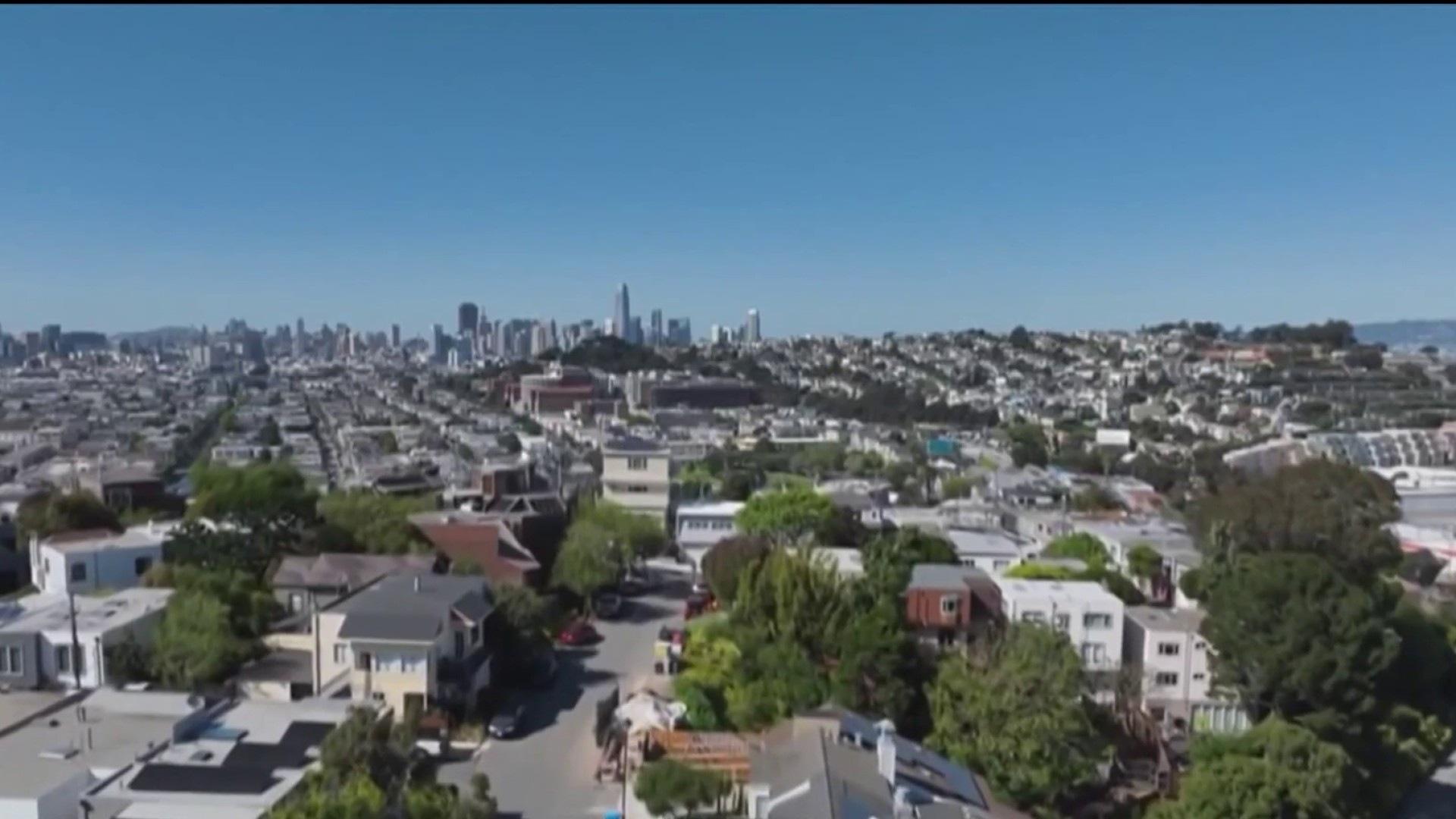
Waymo, the driverless car company owned by Google’s parent company Alphabet, has launched a new website touting the safety record of its fleet of roughly 600 autonomous vehicles in California and Arizona.
The site, dubbed a "road safety data hub," details the company’s history of collisions over the past four years and the number of driverless miles traveled across its current three markets: San Francisco, Los Angeles and Phoenix. Waymo also offers analysis of its data, describing its self-driving vehicles as “better than humans” when it comes to avoiding crashes resulting in injuries, airbag deployments and police reports.
Since 2020, Waymo’s driverless vehicles have been involved in 192 collisions, of which 18 resulted in some type of injury across the trio of cities currently serviced by the ride-hailing company. In comparing its self-driving cars to human drivers across San Francisco, Los Angeles, and Phoenix, Waymo estimates its autonomous vehicles were involved in 72% fewer injury-causing crashes, 84% fewer collisions involving air bag deployments and 51% fewer accidents reported to police.
Waymo’s efforts to increase transparency come as California regulators are attempting to force driverless car companies to divulge more details about collisions involving its driverless vehicles. Last week, the California DMV released a proposal to bolster reporting requirements by requiring autonomous car companies to notify the state each time one of its vehicles is involved in a collision, essentially mirroring requirements already put in place by the federal government under the National Highway Traffic Safety Administration.
California regulations require autonomous car companies to report only the collisions that occur during testing, which means self-driving vehicles deployed for paid shuttle services with the public are exempt from having to report accidents to the DMV. The proposed change, which also creates a framework to begin testing driverless big rigs on California highways, still requires regulatory approval, which could take up to two years.
While Waymo has repeatedly said it stands by its safety record, the Mountain View-based company has previously been forced to defend itself against a range of accusations involving unusual and potentially dangerous maneuvers by its driverless vehicles, including inadvertently blocking first responders, nearly hitting school crossing guards and incessantly honking at other Waymo vehicles during overnight hours.
Waymo’s latest safety study builds on a similar finding it released last year, which also attempted to draw safety comparisons between the company’s driverless vehicles and human drivers.
Local
The task, however, is a difficult one. Transportation experts, including those who have previously worked with Waymo and GM’s Cruise to create such benchmarks, caution it may still be too early to draw definitive safety conclusions in light of limited data. While Waymo has logged 22 million driverless miles since March 2019, the distance traveled still represents less than 1% of the roughly 15 trillion miles driven by humans over the same time period.
Leaders at Waymo acknowledge the inherent difficulties in drawing comparisons but believe their analysis could ultimately help standardize autonomous vehicle safety metrics in the future.
Get a weekly recap of the latest San Francisco Bay Area housing news. Sign up for NBC Bay Area’s Housing Deconstructed newsletter.
“We think that the benchmarks that we have … are like state of the art -- they're like the best that anyone else has done,” said Kristofer Kusano, a safety researcher with Waymo. “Of course, as researchers, we always want to push the envelope, and we always want to find better, and there's always better, but these benchmarks we have today are useful.”
Watch our entire investigative series
- Part 1: Driverless cars seek San Francisco expansion despite worries tech is unsafe
- Part 2: CPUC votes to expand driverless car operations in San Francisco
- Part 3: San Francisco city attorney files motion to pump the brakes on driverless cars
- Part 4: Google's Waymo says insurance data shows its driverless cars are safer than humans
- Part 5: Hit-and-run driver strikes pedestrian, tossing her into path of Cruise car in San Francisco
- Part 6: Driverless trucks and robot deliveries promise fewer traffic jams than robotaxis
- Part 7: Cruise says its robotaxis can now better detect emergency vehicles
- Part 8: California DMV orders Cruise's driverless cars off the road
- Part 9: Driverless cars immune from traffic tickets in California under current laws
- Part 10: GM's Cruise lays off nearly 25% of its workforce
- Part 11: Waymo's driverless cars surpass 7 million miles, but are they safer than human drivers?
- Part 12: Cruise probe blames poor internet, bad leadership, and "flawed" decisions for company's woes
- Part 13: Driverless Cruise car accused of almost hitting 7 yr old after similar close call involving kids
- Part 14: Cruise offers to pay $112,500 in fines to settle claims driverless car company misled regulators
- Part 15: Uber Eats now uses Waymo Self-Driving cars to offer driverless deliveries
- Part 16: Bills aimed at closing traffic ticket loophole for driverless cars get initial green light
- Part 17: School crossing guards say they've had to dodge driverless cars to avoid being hit
- Part 18: Cruise ordered to pay $112,500 in penalties for withholding info from regulators
- Part 19: Waymo waitlist over in SF, all can hail driverless cars
- Part 20: SF Mayor vows to hold driverless car companies accountable after NBC Bay Area report
- Part 21: San Francisco govt. officials meet with Waymo to discuss safety concerns near schools
- Part 22: California DMV gears up to allow driverless trucking despite calls to restrict high-tech big rigs
Contact The Investigative Unit
submit tips | 1-888-996-TIPS | e-mail Bigad




